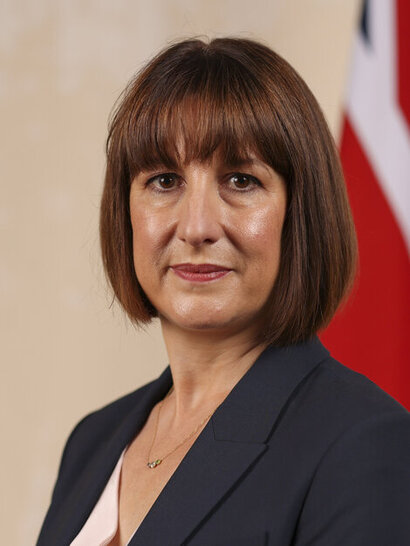
There was no mention at all of GB Energy, energy bills or even climate change. While Rachel Reeves did mention planning, infrastructure and training, there wasn’t any mention of potentially increasing and improving green skills or construction of more offshore and onshore wind farms. Neither was there any apparent indication of an intent to improve charging infrastructure to stimulate EV takeup across the nation.
“Encouraging to see mention of the Planning and Infrastructure Bill as a key motivator for growth - this is a crucial opportunity to address planning barriers electric vehicle charging infrastructure and we hope the Government uses it to make it easier for all drivers to access charging solutions” said Vicky Edmonds, CEO of EVA England. “But this statement was also an opportunity to address prevailing cost barriers preventing the everyday driver from switching to electric. Increasing the expensive car tax threshold for EVs should have been a priority while they remain on average more expensive than their petrol and diesel counterparts. We hope EVs as a key sector for growth will be at the forefront of the Chancellor's priorities in the forthcoming Spending Review.”
Ed Matthew, UK Programme Director for the independent climate change think tank E3G, commented that the Chancellor had neglected the clean economy as a key driver for growth in the UK.
“While the broader economy slumped, the clean economy boomed, growing by 10 percent last year, creating £83 billion of added value” added Mr Matthew. “If the government is serious about growth, it must stop tinkering at the edges and ramp up capital investment into the clean economy – the best chance we have for economic recovery.”
Franklin Steves, Senior Policy Advisor at E3G, said that the unprecedented cuts to the UK’s aid budget announced by the Chancellor - by £4.8 billion in the 2026/27 fiscal year and £6.5 billion in 2027/28 – “will shatter the UK’s ability to deliver on its international climate finance obligations for years to come, just as climate change is causing untold damage to the lives and livelihoods of millions of the world’s poorest people and leading to growing political instability and conflict.”
“The climate crisis presents serious global security threats, but Labour is prioritising short-term fixes over a long-term strategy for both security and economic growth” added Mr Steves.
For additional information:

